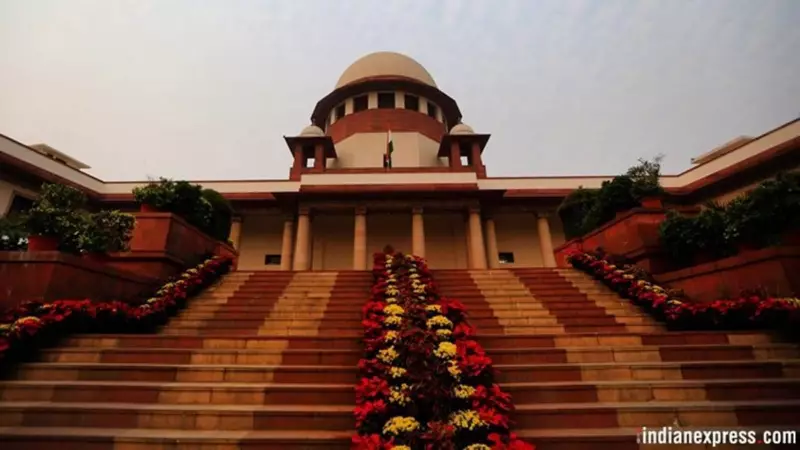
In a remarkable demonstration of judicial compassion and persistence, the Supreme Court of India has gone above and beyond to ensure justice for a widow who fought an exhausting 23-year legal battle against the Indian Railways.
A Quarter-Century Wait for Justice
The heartbreaking case involves a woman who lost her husband in a railway accident and was forced to navigate the complex labyrinth of India's legal system for more than two decades. What began as a simple claim for compensation turned into a generational struggle against bureaucratic hurdles and procedural delays.
Supreme Court's Extraordinary Intervention
The apex court, recognizing the grave injustice of making a grieving widow wait 23 years for her rightful compensation, took unprecedented measures to cut through the red tape. The bench demonstrated exceptional sensitivity to the petitioner's plight, acknowledging that the extended legal battle had compounded her suffering.
Breaking Through Bureaucratic Barriers
Rather than following conventional procedures that could have extended the wait further, the Supreme Court adopted a proactive approach. The justices personally ensured that the compensation process was expedited and that the widow would receive the long-overdue financial support she deserved.
A Landmark Moment for Judicial Accountability
This case represents more than just one woman's victory—it serves as a powerful statement about the judiciary's role in protecting citizens' rights. The Supreme Court's intervention sends a clear message that justice delayed cannot become justice denied, especially for the most vulnerable members of society.
Hope for Pending Cases
Legal experts believe this judgment could set a precedent for thousands of similar cases stuck in India's judicial system. The court's willingness to "go the extra mile" demonstrates that judicial institutions can evolve to meet the needs of ordinary citizens seeking redressal.
The resolution of this 23-year ordeal stands as a testament to both the resilience of an ordinary citizen and the capacity of India's highest court to deliver meaningful justice when it matters most.





